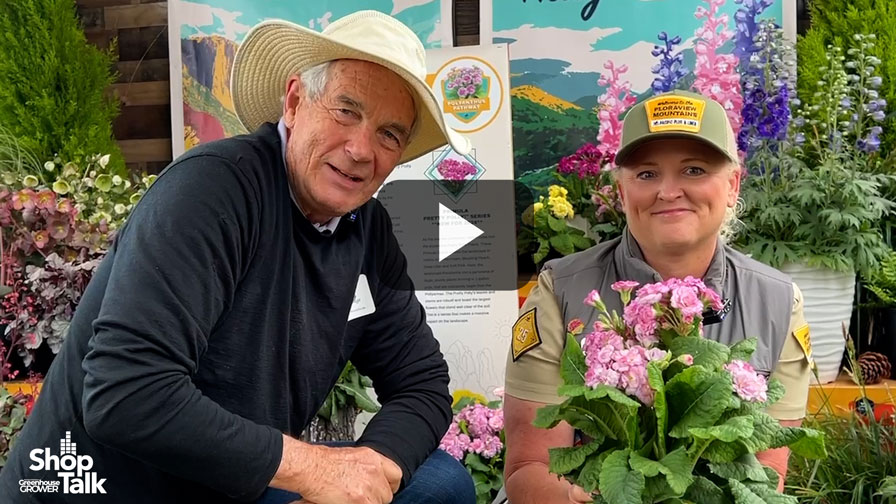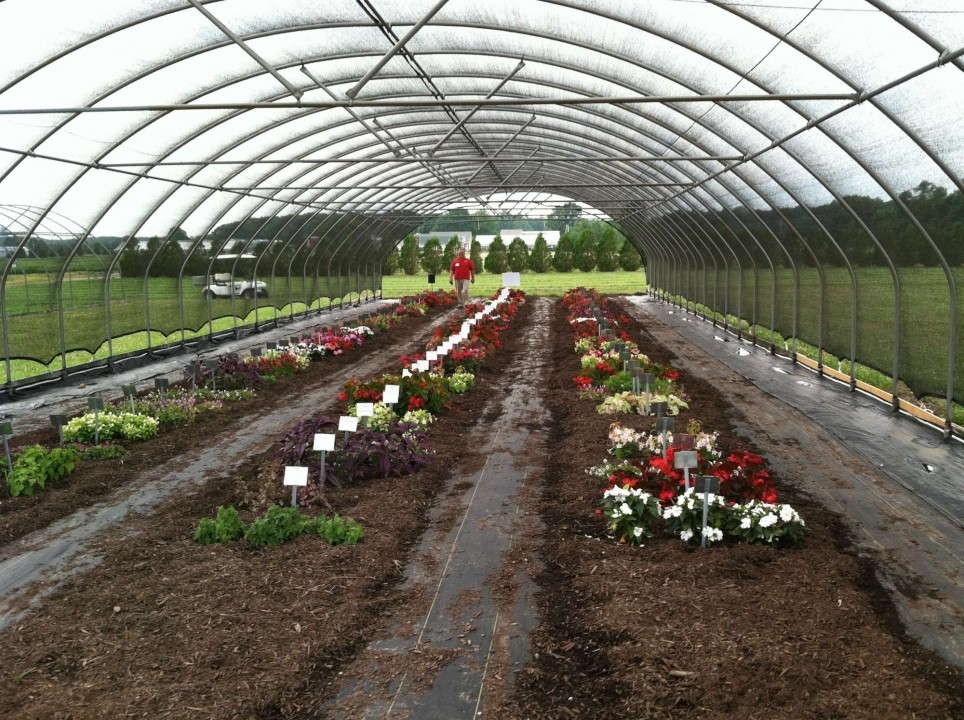Five Thought-Provoking Ideas From GROW Summit 2015

Janeen Wright
December kicked off at Greenhouse Grower with our annual GROW Summit, which I like to think of as a giant think tank or meeting of the minds. Discussions at the Summit range from big-picture ideas to smaller initiatives that can help grow the industry. Here are five ideas from the Summit that gave me pause for thought.
We need to take horticulture to the city. The urban population in 2014 accounted for 54% of the total global population, and it continues to grow, according to the World Health Organization. Doesn’t it stand to reason that public horticulture is bound to grow also?
Opportunities in public horticulture are everywhere, from green infrastructure and public gardens to pop-up garden retail stores and commercial and residential landscaping. If the people won’t come to horticulture, let’s take it to them.
Tie plants into people’s lifestyles by promoting their life-enhancing benefits. As one GROW participant said, selling plants today isn’t about the product we sell or the brand we promote. It has now become about what a plant does and how it makes people feel.
The message we need to convey is that plants offer more than their outward appearance. They clean the air, boost our mood, and reduce stress. When consumers see plants as indispensable to healthy living, what was once a luxury will become a necessity.
Localized, targeted marketing that broadcasts the message that plants are relevant starts at your place of business. Whether you are a grower or a retailer, you have a message to share. Consumers need to know that plants improve quality of life and that caring for a plant is not something to fear, that anyone — green thumb or black — can succeed at growing a plant.
“It is so important to give people something that they are going to have success with and then build on that,” said a GROW participant
Plant the seed early to start recruiting young people to the industry. Reaching out to schools, sending enthusiastic Millennial employees to talk with youth, and partnering with associations like FFA goes a long way toward recruiting young people to the industry who have developed a passion for plants at an early age.
“Every grower and retailer should find a school to work with,” said an attendee. “It is not about making money; it is more about community outreach.”
Millennials want to have their voices heard. Empower young people to take initiative by listening to their ideas and giving them responsibilities that allow them to make meaningful contributions to your company. Millennials want to feel valued — let’s give them the chance to bring value to the table.










